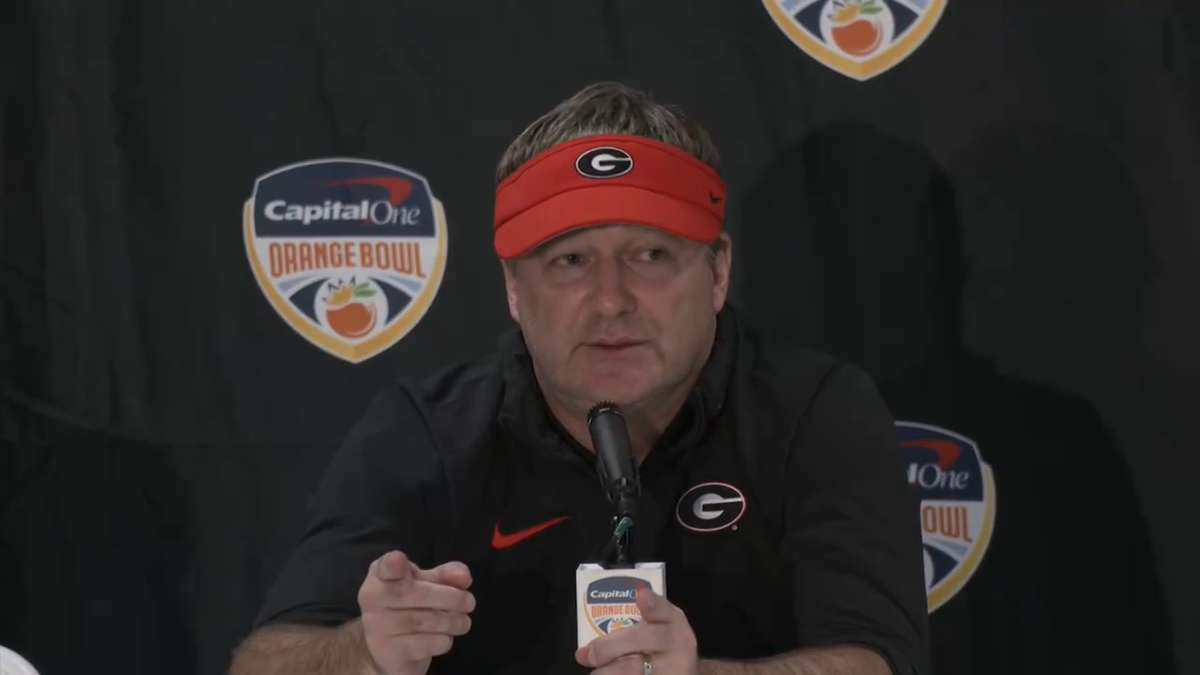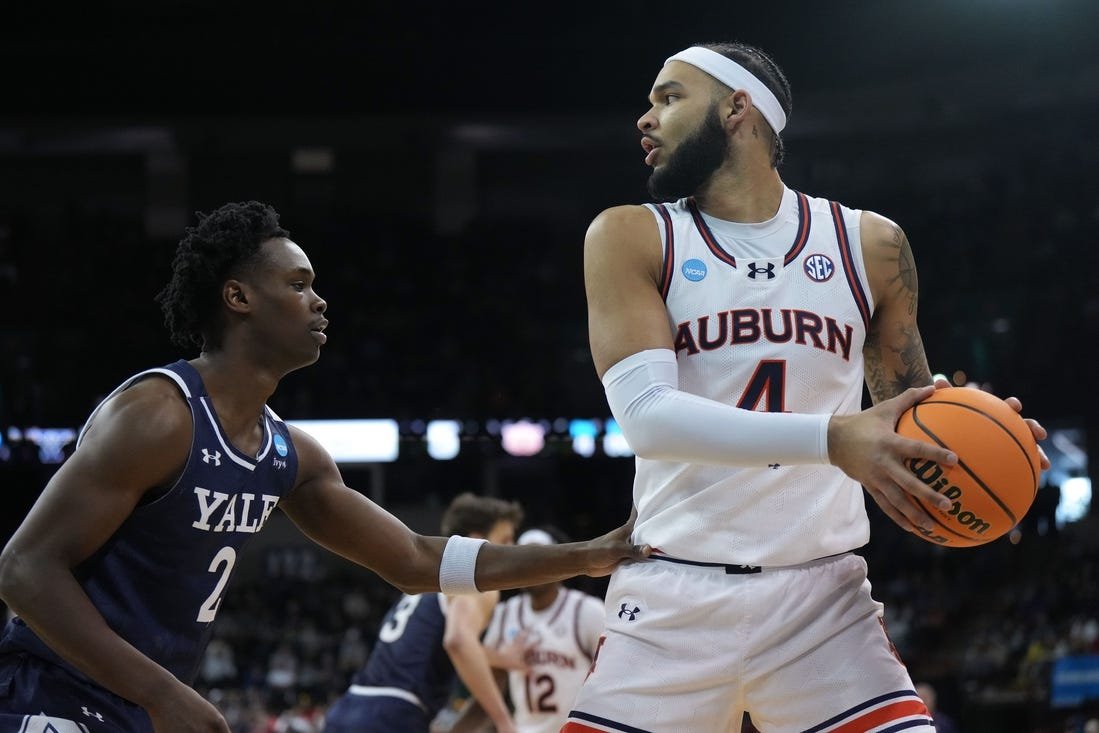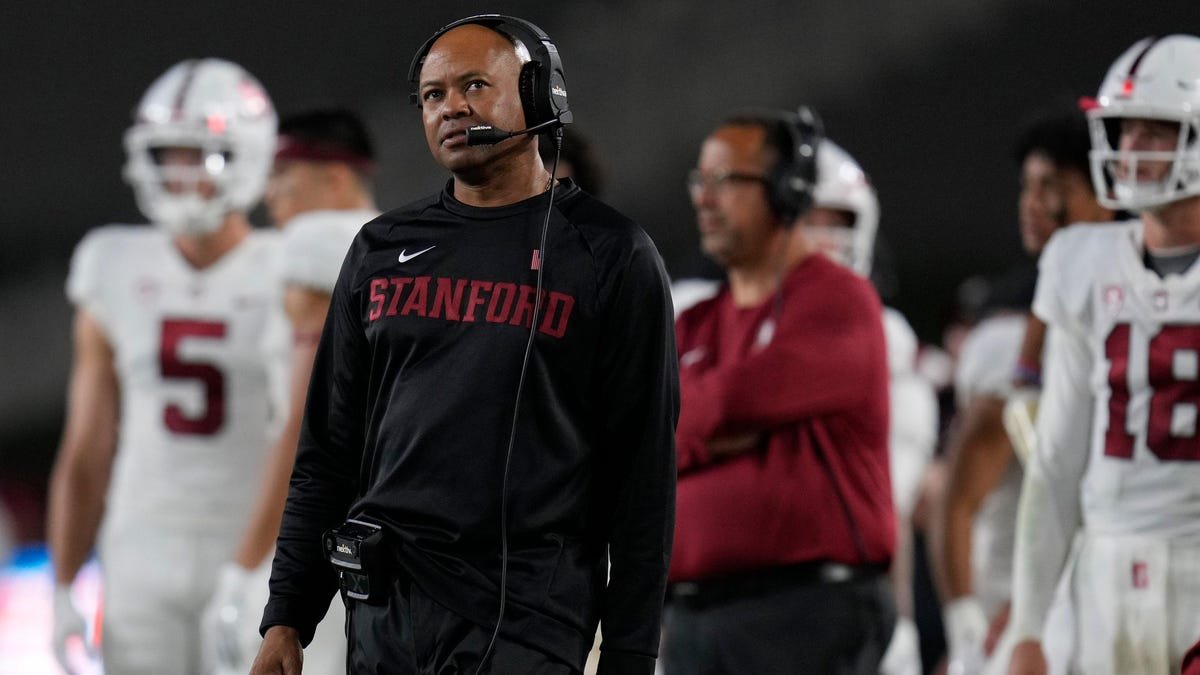The bowl opt-outs in college football have become a hot topic of debate in recent years. Many star players have chosen to sit out non-playoff bowl games to protect their draft stock and potential professional careers. The fear of injury and the lack of meaningful rewards for the players are often cited as reasons for their decisions. However, the consequences of playing in these games can be severe, as demonstrated by the case of Jaylon Smith.
During the 2016 Fiesta Bowl, which was not a playoff game, Smith suffered a devastating leg injury that significantly impacted his draft stock. A projected top-five pick, Smith fell to the second round of the NFL Draft. Fortunately for him, the Dallas Cowboys took a chance on him, and he eventually signed a lucrative contract worth $64 million in 2019. However, not all players are as fortunate.
The risks associated with playing in non-playoff bowl games are clear. The potential for a career-ending injury can have long-lasting repercussions for a player’s future earning potential. It’s understandable why players would prioritize their own well-being over participating in games that primarily benefit schools, sponsors, and betters.
Kirby Smart, the head coach of the Georgia Bulldogs, may complain about players opting out, but there is little reason for them to take part in these standalone postseason games. Unless the game leads to a national championship, it is often seen as meaningless. Pride alone is not worth jeopardizing a player’s draft stock and potential professional career.
To address the issue of participation in non-playoff bowl games, Nick Carparelli, the executive director of Bowl Season, suggests that players should receive a portion of the money generated by these games. It’s a common-sense idea that players should be compensated for their participation. After all, ESPN and ABC dedicate significant airtime to these games, generating substantial revenue. It’s only fair that the players who make these games possible receive a share of the profits.
The current system seems to prioritize keeping money away from the players who provide the on-field action. Without any meaningful reward or compensation, it’s difficult to justify why potential NFL draft picks should risk their futures for these holiday-season cash grabs.
One possible solution would be for schools to pay their players salaries, making their participation in bowl games a contractual obligation. However, this idea remains a fantasy in the current college sports landscape. The NCAA and college sports programs continue to profit off the labor of their athletes while offering them limited benefits in return.
In the case of Jaylon Smith, he was fortunate that the Dallas Cowboys drafted him early in the second round and that he eventually recovered from his injury. However, if his career had taken a different turn, his decision to play in a non-playoff bowl game could have had dire consequences. The $800,000 he received from his insurance policy for falling in the draft would have been a small consolation compared to the potential earnings he could have had if he had never suffered the injury.
In conclusion, the bowl opt-outs in college football are a reflection of the inherent risks and lack of meaningful rewards associated with these non-playoff games. Players should not be criticized for prioritizing their own well-being and future prospects. If the NCAA and college football programs want to improve participation in these games, they should consider compensating the players who make them possible. It’s time to have a real discussion about fairly rewarding student-athletes for their contributions to postseason games.





